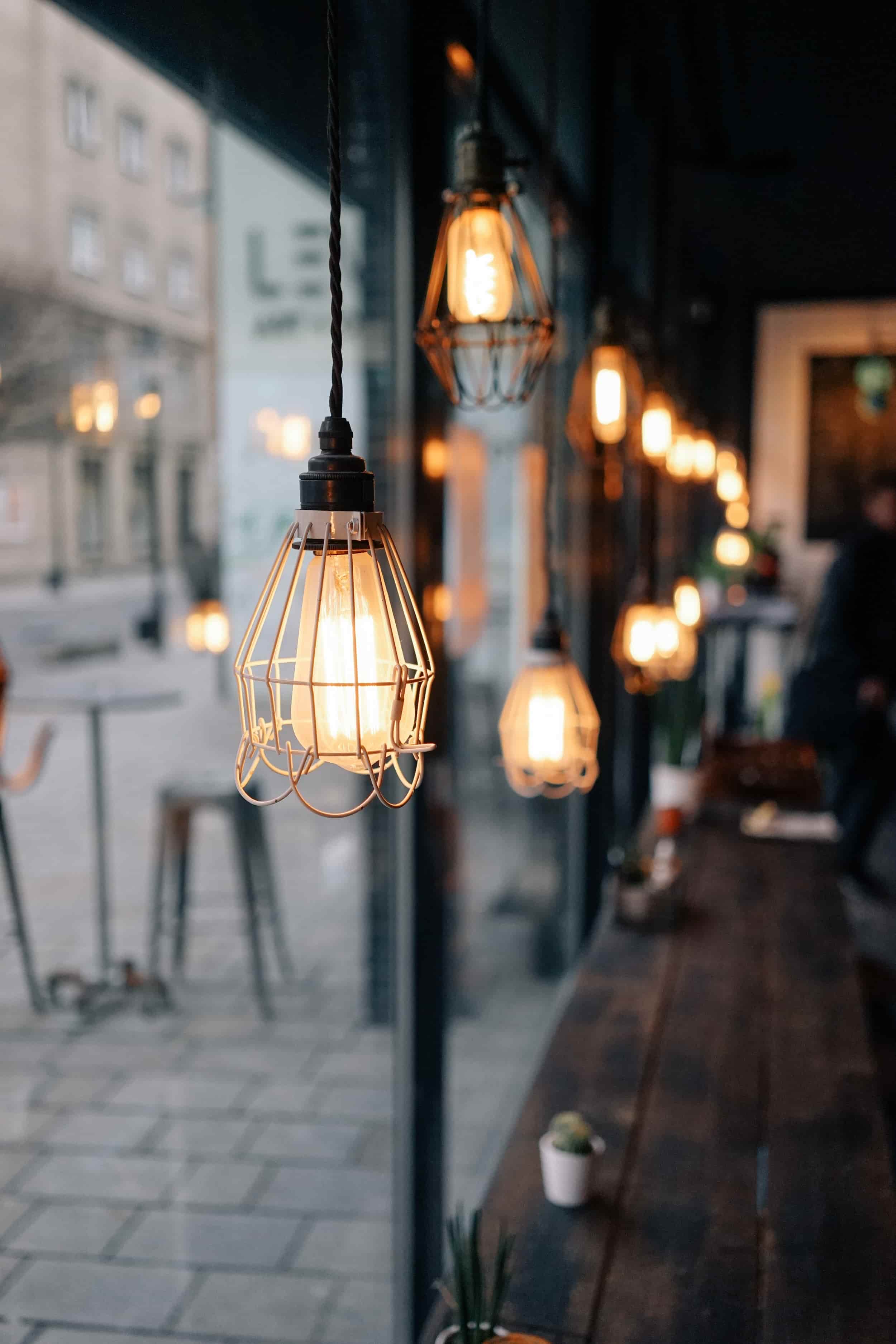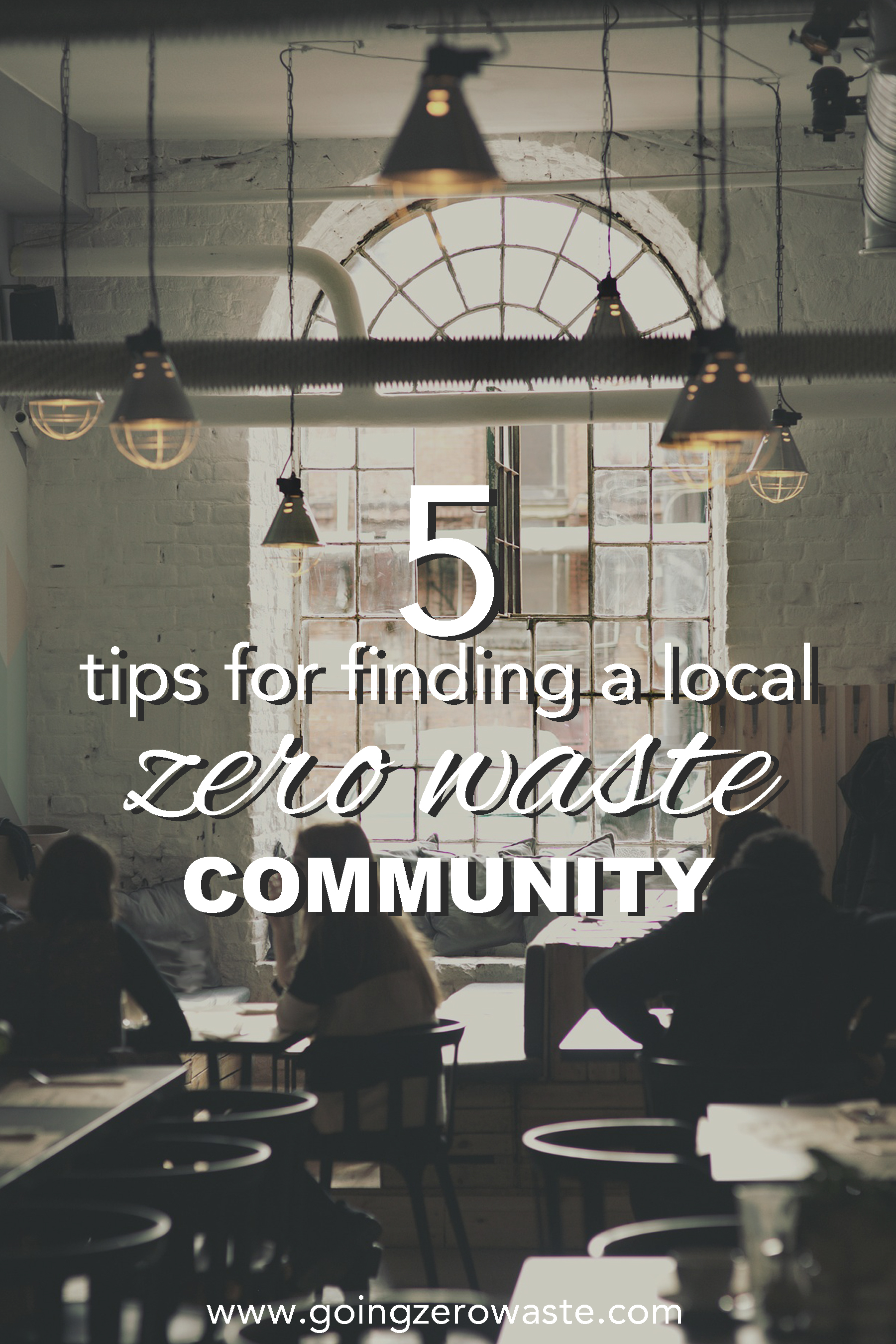Once you feel you’ve become a master at the basics of zero waste living, the idea of passing on your knowledge floats through your mind. Best way to do that? Host a zero waste workshop.
I know that may sound a bit intimidating, but honestly, hosting workshops is a lot of fun. It’s also a lot of planning and work, but well worth it (and no, you don’t have to do it for free).
If you’re looking to spread the zero waste message in your community, here are three tips I have for hosting a (successful) zero waste workshop.
Related: 10 Ways to Be a Zero Waste Activist in Your Town
1. find a good venue:
First and foremost, you need to know where you’d like to host your workshop.
Perhaps you feel comfortable letting people into your home. Or perhaps hosting a workshop online sounds more appealing? I’ve seen Zero Waste Chef do this and it works for her.
If you’re thinking of hosting a workshop online, just be prepared: You’ll want to have a functioning webcam and computer. It sounds simple enough, but it’s very important your technology doesn't fail you in the middle of a workshop session.
If you’re hosting a workshop online, you’ll also have to think about how you’ll go about doing it (as in, what platform you’ll use). Will it be a skype call? A private youtube video? On Crowdcast?
Once you figure out what platform your online workshop will run from, you also need to think about how you’ll set it up. Will it be a bunch of slideshows and pictures with your voice? Or will you be standing in front of the camera and demonstrating or talking as you go along?
Related: How to Find a Local Zero Waste Community
Thinking this through will definitely help you create the best workshop for your viewers.
If you prefer an in-person workshop, you’ll need to choose a physical venue to host it at. This can get a bit tricky, but there are generally two places you can‘t go wrong with: The library or a local coffee shop.
I’ve reached out to my local library and local cafes with a great response rate. You can shoot them an email or even just walk in and talk to them face to face about it. I do recommend developing a decent rapport with the owner beforehand, but this isn’t essential.
Look around and see what venues align with your own values and ask them if they’d be willing to host a workshop with you. You might be surprised at what you find!
Ask them what their policy on events is, and make sure to set up a time and date that works well with the owner. Most workshops tend to run for about 2 hours, give or take.
2. choose a great topic:
Next up? Choosing a great topic to talk about at your workshop. Honestly, you might want to think about this before pitching to any local venues about hosting a workshop.
As a general rule, people like to make things, so consider hosting a DIY oriented workshop. When someone makes an item themselves, they value the item even more because they have a sense of ownership over it.
It’s also really nice for your attendees to be able to walk away with something physical. It leaves them with a good memory and a physical representation of what they learned.
I recommend starting your workshop by introducing yourself, explaining what zero waste is, and then having everyone introduce themselves (if the group isn’t too big). Then you can dive right into making some fun zero waste DIYs together!
Here are a few DIYs that are fun to make:
These are just a few ideas. Feel free to get creative and think up some of your own zero waste DIYs you’d want to share.
It might help to stick to a general theme too. For example, if you wanted to create a zero waste cleaning workshop, you might want to focus on making toilet fizzies and/or all-purpose cleaner.
I personally like to stick with two simple DIYs for my workshops, and I suggest you do the same (especially if you’re new to this). My favorite DIYs to make at a workshop are definitely toothpaste and body scrub, since they’re so simple.
Be sure to ask your vendor for their opinion too! Perhaps there’s a specific DIY they prefer doing. When I hosted a workshop at Amour Vert, they weren’t crazy about the idea of using anything oil heavy. Which makes sense, just incase something got crazy and oil got everywhere… it wouldn’t be a good combo.
Be sure to list all the DIYs you would be up for creating to give them a list to choose from.
If you’d rather not make anything, don’t be afraid to just get up and share what zero waste waste means to you and how it manifests in your daily life. You can bring in your zero waste to go kit and a few other zero waste essentials to show the audience too, to create a more immersive effect.
3. know what to expect:
There are several things you should know about setting up your own workshop for the first time. First and foremost, you don’t have to do it for free.
Talk to the vendor you’re hosting it at about ticket pricing. You can create the event on Eventbrite for free and charge however much you think is best.
Also, please be aware that your vendor may charge you per hour for your workshop.
So, let’s say you host a two hour workshop and the space is charging you $30 an hour: You’ll have to pay them $60 upfront, or after the workshop is over, depending on their policy. Be sure to clear this up with your vendor as soon as possible.
Also, be sure to discuss with your vendor the ingredients and supplies you’ll need for your workshop. More than likely, you’ll have to buy all the ingredients needed to make the DIYs, so take this into account when creating your ticket price.
Take into consideration any bowls, mixing spoons, measuring spoons, and measuring cups you might need. Ask the vendor if they have any in shop you can use for the workshop, or bring some from home.
Related: Life Without Bulk Options
You’ll also have to calculate the ingredients to buy depending on your audience size. This can be a bit tedious, but you definitely want to make sure there’s enough for everyone!
I recommend finding a DIY recipe you love online and just multiplying the ingredient measurements by the amount of people you estimate will come to your workshop.
For example, let’s say a body scrub recipe calls for 1 cup of coconut oil, and 2 cups of coffee grounds. In order to make enough for 10 people, you’d need 10 cups of coconut oil and 20 cups of coffee grounds.
Don’t forget to try and get your ingredients as sustainably packaged as possible! I try to get all of my ingredients in bulk, or in paper or glass packaging for workshops.
I really hope this helps you deliver a fun, educational workshop! Have you ever hosted a zero waste workshop before? What are some tips you have to share?
Guest Post: Ariana Palmieri is the founder of Greenify-Me.com, a blog dedicated to zero waste living and sustainability. Her work has been featured on MindBodyGreen, Green Matters, The Penny Hoarder and several other publications. Get her free e-book "10 Ways to Reduce Trash" by signing up to her newsletter and learn how to reduce your waste today.














